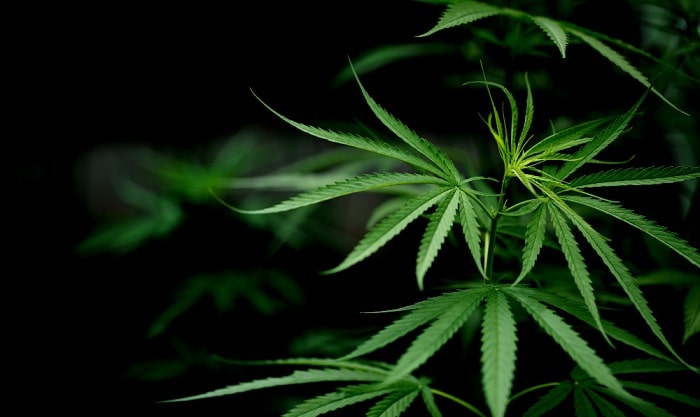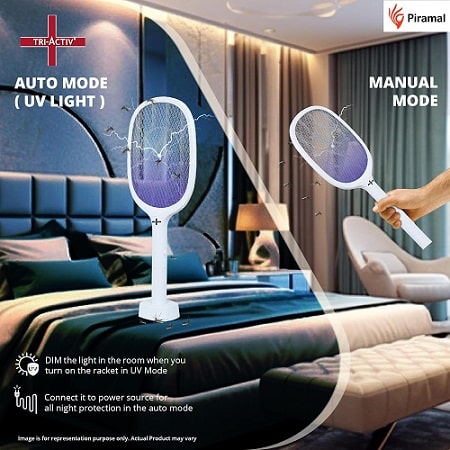New Jersey residents with a valid medical marijuana prescription can buy up to three ounces of cannabis at state-licensed alternative treatment centers or dispensaries. Patients can also designate and register caregivers to purchase their medicine.
New Jersey’s medical marijuana laws protect patients and their designated caregivers from prosecution for cannabis law violations. However, possessing more than six ounces of cannabis is illegal.
-
Smoke
Smoking cannabis involves inhaling the smoke from hand-rolled joints, blunts, and pipes. The smoke contains tar and cancer-causing chemicals that irritate the lungs. Holding in the lungs for long periods can deprive the brain of oxygen and cause fainting. Smoking marijuana can also affect the immune system by suppressing cells that help remove dust and germs from the lungs, causing more mucus to form and reducing the body’s ability to fight infections.
When smoking marijuana, make sure to use FDA-approved rolling papers that are safe for inhaling. Some unapproved papers contain harmful chemicals and flavorings. Avoid consuming more than one joint or edible at a time. Using too much at once can lead to cannabis hyperemesis syndrome, a condition that causes nausea and vomiting. If you experience symptoms, take a break and wait four hours before consuming more.
Consuming cannabis oils and extracts is a safer alternative to smoking marijuana, but it can be more potent than other methods of consumption. Oils and extracts can be ingested in capsule form or added to food. They can also be vaporized in an electronic cigarette or vape pen for a quick and discrete method of consumption. Oils and extracts can also be used to brew marijuana-infused teas, which can provide an edible high.
Inhaling cannabis can expose the lungs to more tar and cancer-causing chemicals than cigarettes, which can increase the risk of lung problems. It can also cause a cough that may be difficult to control. Marijuana can also interfere with the ability to concentrate, and it can have a negative impact on the respiratory system of users who already have underlying health issues such as asthma or who are taking medications that weaken the immune system.
Despite the health risks, many adults continue to use marijuana. With New Jersey’s legal weed laws going into effect, employers need to be aware of the potential impacts on employees and create clear policies around workplace drug testing. In addition to clear and concise language, employers should include an explanation of the drug-testing program, information about how employees are selected for testing, a reminder that results can remain in the body for weeks or even longer, and a statement that the company does not permit adverse action against workers who test positive for cannabis.
-
Eat
Ingesting cannabis through edibles presents a different experience from smoking or vaping. This method allows for more precise dosing and is often preferred by medical patients. It also avoids the lung-related risks associated with smoking or vaping.
The edible space is an ever-growing part of the cannabis market. It includes old favorites like cannabis brownies and is expanding to include products that resemble candy and other snacks. The most common edibles are gummies, but there are also infused chocolates, cookies, drinks, and unique options like popsicles and truffles.
While the effects of edibles are felt more slowly than those from smoking or vaping, they can last longer. It is important to use caution when consuming edibles and start with a low dose, especially for new consumers. It can take up to four hours for the cannabis to fully absorb by the digestive tract.
Another popular form of ingested cannabis is tinctures. These are made by combining cannabis extract with either alcohol or oil. Tinctures are more easily regulated than other edibles because they can be taken via a dropper, and the user can control the amount of THC consumed. Similar to edibles, they can take a bit longer to begin to take effect (up to four hours), and they can be more potent than smoking or vaping.
New Jersey residents can buy up to one ounce of marijuana in dried flower form, five grams of concentrates, resins, or oils, or 1,000 mgs of ingestible products such as gummies at a time. These amounts are subject to a 6.625% sales tax and social equity excise fee.
Consumption lounges are popping up around the state and are a great place to enjoy cannabis safely and comfortably. Many offer seating, a bar and kitchen area, and host soulful events and classes. Some even provide free valet parking for customers. The state of New Jersey has a list of approved consumption lounges.
It is important to remember that while it is legal to use recreational cannabis in New Jersey, it is still illegal to operate a vehicle while high. It is best to avoid driving altogether or at least wait until the effects have worn off before attempting to do so.
-
Vape
The safest way to consume cannabis is through a vaporizer, which delivers the cannabinoid molecules in mist form instead of smoke. This method is also the most discreet and convenient, though it’s more expensive than smoking joints or other types of marijuana products. It’s best to avoid smoking cannabis in combination with tobacco, as the mix is more dangerous and can cause a variety of health problems.
Vaporizers may emit some odor, but they can be customized to eliminate or reduce the scent. They also can be used in private, so others won’t know you’re using cannabis unless they get very close. However, vaping can irritate the lungs and cause bronchitis in people with preexisting respiratory conditions, and some vaporizers can emit toxic fumes or contain chemicals that are harmful to human beings. It’s also important to avoid ingesting toxins from the plastic and metal parts of the device, as well as the liquid or concentrate you’re using in your vaporizer.
Whether you’re smoking or vaping, you should wait at least four hours before driving after consuming cannabis. You should also avoid combining cannabis with other drugs, including alcohol and medications. Cannabis use can also cause “cannabis hyperemesis syndrome,” a condition that causes nausea, vomiting, and stomach pain in some users.
It’s important to keep all cannabis products out of reach of children and pets, as they can be harmful or even fatal if ingested by them. It’s also a good idea to store them in an area that can’t be easily found, such as a locked cabinet or safe. Finally, it’s a good idea to take regular breaks from cannabis (48-hour tolerance breaks) to prevent building a dependence on the drug and to stay sensitive to its effects.
New Jersey’s laws allow employers to conduct workplace drug tests, but employees must receive advance notice of the program, an explanation of how their test will be analyzed, a warning that cannabis can remain in the body for several days, and an opportunity to request a physical evaluation before adverse employment action is taken.
-
Drink
New Jersey’s legalization of recreational marijuana has ushered in a whole new way to consume this popular plant. While smoking is still the most popular way to use cannabis, a growing number of people are opting for edibles and drinks to get high. These types of consumption are often less harmful to the lungs and throats and can offer more accurate dosing since the plant is dissolved into a liquid rather than inhaled.
A variety of different beverages are now available at New Jersey’s licensed cannabis retailers, including smoothies, iced coffee, tea, and lemonade. Many consumers also like to make their own infused drinks with the help of extractors or grinders. While this method is a little more time-consuming than other options, it can also be very effective when it comes to delivering a consistent dose and experience.
It should be noted that drinking cannabis can cause impairment, just as alcohol does. As a result, it is always recommended to consume edibles and beverages in moderation and not drive while under the influence.
Edibles are a great way to enjoy cannabis for those with allergies to smoke or who don’t have the means to purchase or operate a vaporizer. This includes drinks infused with a concentrated cannabis extract, gummies, and other treats. It’s also important to note that edibles can take a while to take effect, so be sure to start small and go slow.
Ingesting cannabis through a tincture or oil is another common method for those with allergies to smoke or who are unable to use a vaporizer. These products are typically taken via a dropper and can be highly precise when it comes to dosing. Medical patients more commonly use this method as it’s a safe and effective way to receive the plant’s health benefits without inhaling smoke.
The law passed by New Jersey voters last fall – the New Jersey Cannabis Regulatory, Enforcement Assistance, and Marketplace Modernization Act (“NJCREAMMA”) – removes marijuana from the list of Schedule I drugs and allows adults to consume it legally for recreational purposes. However, NJCREAMMA explicitly recognizes an employer’s right to maintain a drug-free workplace and prohibits employees from being under the influence of cannabis on the job. THC metabolites can remain in an individual’s body for weeks, which could make it difficult for employers to determine if an employee is impaired on the job.


